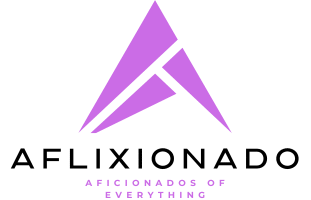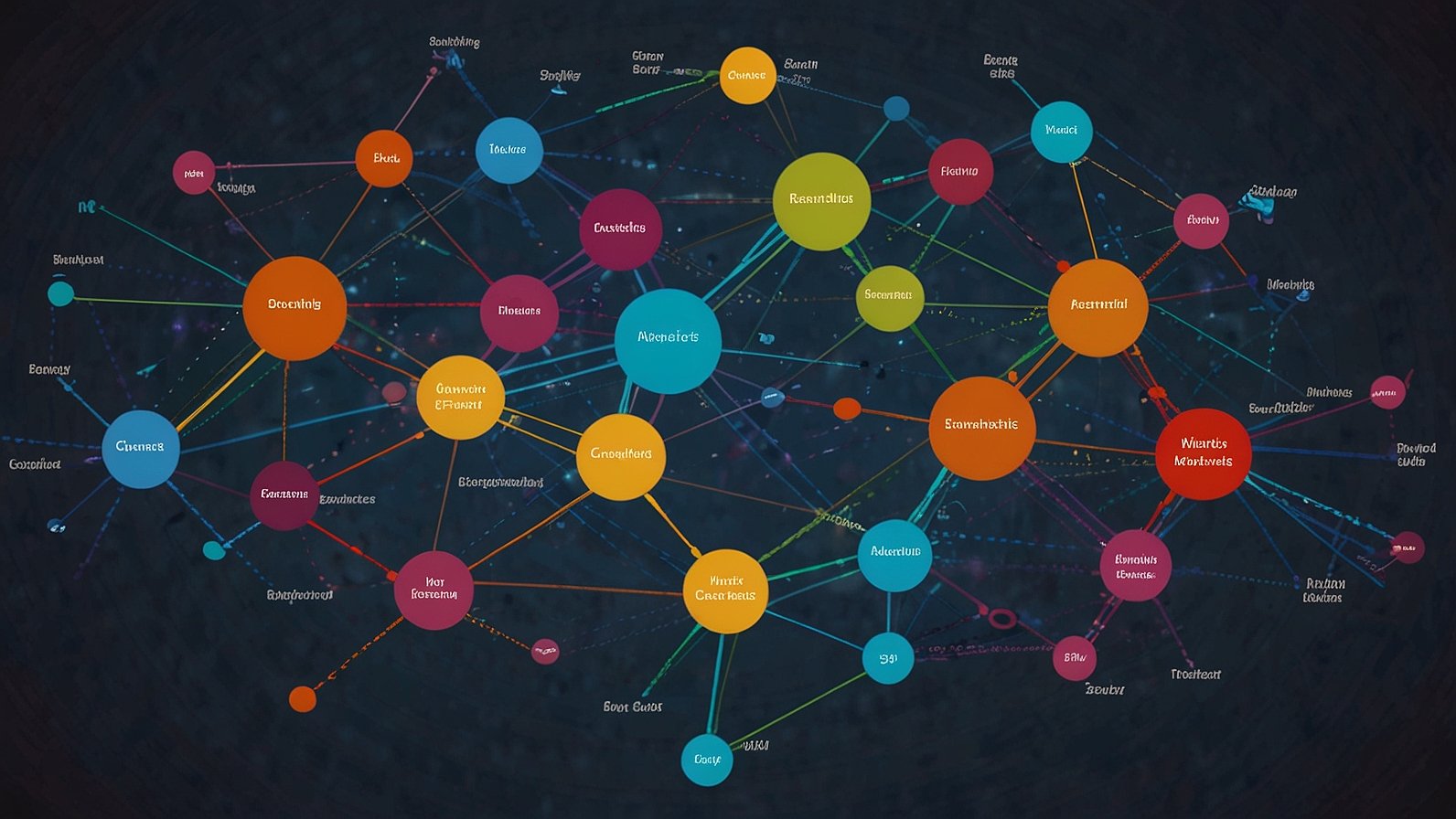Ever feel like you’re drowning in information but starving for knowledge? You search for a simple answer and fall down a rabbit hole of conflicting blog posts, dense academic papers, and paywalled articles. What if a single platform could cut through the noise, understand what you really mean to ask, and connect the dots for you?
That’s the ambitious promise of Seekde, an emerging platform that’s generating quiet buzz. It markets itself as a semantic search and learning ecosystem designed to revolutionize how students and professionals discover and absorb complex information. But with any new tool, especially one that sounds this revolutionary, it’s smart to approach with a blend of excitement and caution.
Let’s pull back the curtain on what Seekde actually is and whether it might be worth your time.
What Exactly Is Seekde? Beyond the Buzzwords
At its heart, Seekde is best understood as an early-stage, marketing-forward knowledge and discovery product. Think of it less like a Google replacement and more like a digital sherpa for your intellectual hikes.
Instead of just matching keywords, its “semantic search” engine aims to grasp the intent and contextual meaning behind your query. You’re not just getting a list of links; you’re supposedly getting a curated map of concepts, how they interrelate, and pathways to deeper understanding.
For a student researching “the economic impacts of the Bauhaus movement,” Seekde wouldn’t just show news articles. It might generate a visual web connecting Walter Gropius to post-WWI German economics, modernism in architecture, and its influence on contemporary design business models. For a professional, a query about “sustainable supply chain strategies” could link foundational theories to recent case studies from companies like Patagonia or IKEA, and even relevant certification courses.
The Glittering Promise: Why Seekde Has People Talking
The potential here is undeniably exciting. The platform’s proposed value proposition hits several pain points:
- For Students: It could fundamentally change research papers and study sessions, moving from source-collection to true concept-mastery.
- For Professionals: It promises to be the ultimate upskilling and problem-solving tool, cutting continuing education and market research time in half.
- For the Perpetually Curious: It offers a playground for connecting ideas across disciplines—where a interest in Renaissance art could seamlessly lead to lessons on optics, papal history, and pigment chemistry.
Imagine an infographic where your initial search term is at the center, with dynamic, color-coded branches spreading out to show related topics, key figures, and supporting or contradicting viewpoints. That’s the visual experience Seekde seems to be aiming for.
The Need for Cautious Optimism: The Other Side of the Coin
Here’s where we pump the brakes just a little. As of now, Seekde exists primarily in the realm of promise. The enthusiasm is largely self-generated by its own marketing. The critical missing piece? Independent, authoritative validation.
- Where are the deep-dive reviews from established tech outlets like Wired, The Verge, or TechCrunch?
- Where are the long-term case studies from universities or Fortune 500 companies?
- How does its algorithm handle bias? How does it source and vet its information?
Jumping into any new platform that aims to shape your understanding of the world requires a careful eye. It’s the difference between hearing a product’s sales pitch and reading a trusted friend’s thorough review. We’re still waiting for those friends to speak up.
| The Promise vs. The Proof | |
|---|---|
| The Promise (The Hype) | The Proof (What We Need to See) |
| Semantic search understands true intent. | Independent tests showing it outperforms Google Scholar or niche databases. |
| Curates a personalized learning path. | User testimonials detailing a specific skillset gained or problem solved. |
| Saves time on research and learning. | Data-backed case studies measuring time saved versus traditional methods. |
| Connects concepts across disciplines. | Examples from academics or researchers using it for breakthrough work. |
3 Things to Try Before You Fully Commit to Seekde
So, should you write it off? Absolutely not. But should you dive in headfirst? Not yet. Here’s a pragmatic approach:
- Get on the Waitlist, But Be a Skeptic: If it interests you, sign up for early access. When you get in, test it with topics you already know well. Does it make accurate and insightful connections? Or does it surface outdated or superficial information?
- Use It as a Supplement, Not a Source: For now, treat any output from Seekde as a starting point—a fantastic brainstorming buddy. Always verify its suggestions with primary sources and established, authoritative websites.
- Stay tuned for Reviews: Keep an eye on your favorite tech bloggers and industry analysts. The moment credible, third-party reviews drop, you’ll have a much clearer picture of its real-world utility.
The dream of a tool that truly understands our questions and helps us learn smarter is a powerful one. Seekde is stepping up to that plate. But in the world of tech, it’s always wise to watch the first few pitches before stepping into the batter’s box yourself.
What’s the first complex topic you’d search for if you had a tool that could truly connect all the dots?
You May Also Read: GU iCloud: Your University’s Digital Hub Explained
FAQs
Q: Is Seekde free to use?
A: The platform is currently in early access, and its final pricing model hasn’t been publicly confirmed. It will likely have a freemium model with advanced features behind a paywall.
Q: How is Seekde different from ChatGPT or other AI chatbots?
A: While both use AI, Seekde is focused on mapping and connecting established knowledge from vetted sources (in theory). ChatGPT generates original text based on patterns it has learned. Seekde is more about discovery; ChatGPT is more about creation and conversation.
Q: Who is behind Seekde?
A: Specific details about the founding team and investors are not widely publicized yet, which is another reason for conducting due diligence before relying on it.
Q: Can I use Seekde for academic research?
A: You could use it to discover new sources and concepts, but any sources it suggests must be rigorously vetted and cited according to academic standards. It should not be considered a primary source itself.
Q: When will Seekde be available to the public?
A: There is no official public launch date that has been widely announced. Availability is currently managed through early access waitlists.
Q: What are some alternatives to Seekde?
A: Depending on your need, alternatives include Google Scholar, JSTOR, LinkedIn Learning, Coursera, and even using advanced search operators on traditional search engines.

